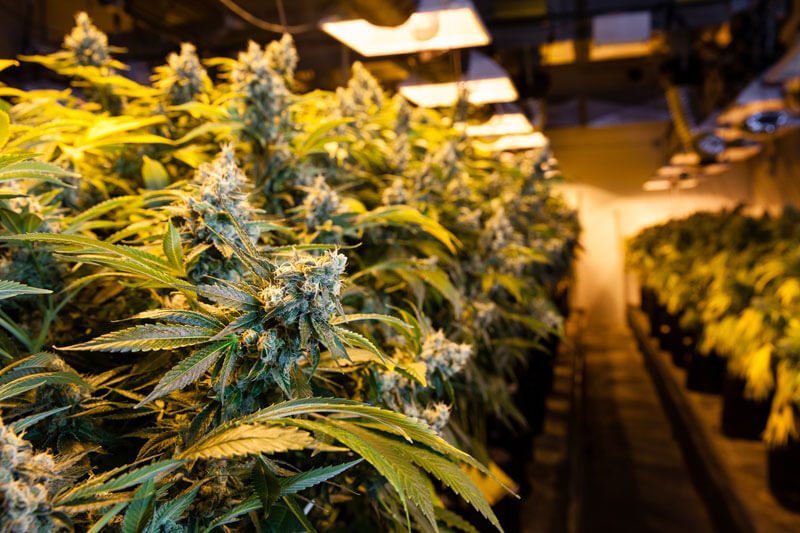Legal hurdles to exploring marijuana’s medicinal properties might soon fall in the wake of the US Food and Drug Administration’s (FDA) first approval of a cannabis-derived drug.
On 25 June, the FDA announced its approval of Epidiolex — a treatment for epileptic seizures that is based on a cannabis compound called cannabidiol (CBD). The US Drug Enforcement Administration (DEA) has until 24 September to re-classify Epidiolex so that it’s legal for doctors across the country to prescribe it. Many researchers hope that the agency will re-classify CBD itself, instead of just Epidiolex, so that they can more easily study this non-psychedelic component of marijuana.
…
Lessening restrictions on the study of CBD would also be good news for biotech startups that have been producing cannabinoids through genetic engineering. These products could be purer and more affordable than those obtained through older methods of extraction from marijuana plants or chemical synthesis.
…
If legal barriers fall, scientists will want to explore high-quality cannabinoids produced through various means. Marijuana compounds made using genetically engineered bacteria and yeast may help meet the demand.
If the DEA decides to remove only Epidiolex from the list of schedule 1 substances, and not CBD generally, researchers in the United States might not be able to take advantage of these companies’ products. Instead, the substances will flow to laboratories in Canada…Or, research might sprint forward in Germany and the Netherlands, where…scientists face few barriers to studying cannabis.
Read full, original article: Coming soon to a lab near you? Genetically modified cannabis































